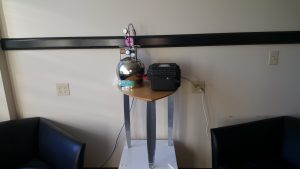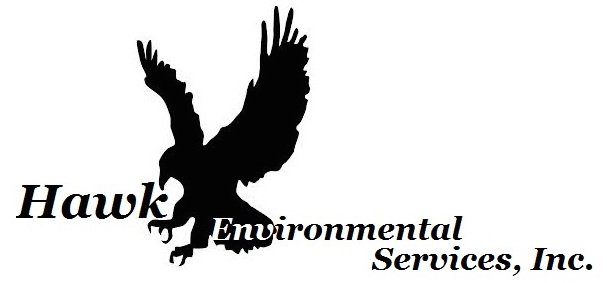What is LEED?
Leadership in Energy and Environmental Design (LEED) is a rating system devised by the United States Green Building Council (USGBC) to evaluate the environmental performance of a building and encourage market transformation towards sustainable design. There are various versions of LEED testing, the most recent addition being LEED v4, which we also perform.
When is LEED Testing Needed?
LEED IAQ Testing for New Construction
Each project manager is responsible for choosing the pathway to achieve a certain number of points necessary for their target LEED certification. Many project managers choose to have the indoor air quality in a new building tested prior to LEED certification as it often times results in additional LEED point credits.
Hawk Environmental Services provides testing and inspection for certification of LEED V4, as well as specifically LEED v4 Indoor air quality for New Construction assessments.
Annual LEED Indoor Air Quality Verification Testing
Many types of LEED certified projects will require annual verification testing of the indoor air quality. The requirements usually state that one sample per 25,000 square feet of building space be collected.This testing typically entails measurement of the following conditions:
- TVOC – total volatile organic compounds (by summa canister)
- CO2 – carbon dioxide (24 hour data-logging with averages and mean)
How Much does LEED Air Quality Testing Cost?
Hawk Environmental Services has put together standard pricing by testing location for annual LEED verification indoor air quality (IAQ) evaluation. Pricing and scope for this testing in the Greater Seattle area is as follows:
- 1 testing location per 25,000 square feet
- 24 hour monitoring for
- Carbon Dioxide (CO2 parts per million)
- Temperature (degrees F)
- Humidity (% RH)
- Total VOCs by summa canister and EPA method TO-15 (micrograms per cubic meter)
- 24 hour monitoring for
- Cost 1-5 testing locations – $1,050 per location
- Cost 6-10 testing locations – $945 per location
- Cost 10-15 testing locations – $893 per location
- Cost 15+ testing locations – $840 per location

LEED air quality investigations and testing can vary significantly from project to project. New construction office buildings will have drastically different requirements than new construction healthcare facilities or museums. Our new construction projects are bid and billed based on the specific requirements presented by the project manager. Typical tests requested may include:
- Particulates (PM10 and/or PM2.5)
- Ozone
- Carbon Monoxide (CO)
- total Volatile Organic Compounds (VOC)
- Formaldehyde
- Target Volatile Organic Compounds including:
- Acetyldehyde
- Benzene
- Carbon Disulfide
- Carbon Tetrchloride
- Chlorobenzene
- Chloroform
- Dichlorobenzene (1,4)
- Dichloroethylene (1,1)
- Dimethylformamide (N,N)
- Dioxane (1,4)
- Epichlorohydrin
- Ethylbenzene
- Ethylene glycol
- Ethylene glycol monoethyl ether
- Ethylene glycol monoethyl ether acetate
- Ethylene glycol monomethyl ether
- Ethylene glycol monomethyl ether acetate
- Hexane (n-)
- Isophorone
- Isopropanol
- Methyl chloroform
- Methylene chloride
- Methyl t-butyl ether
- Naphthalene
- Phenol
- Propylene glycol monomethyl ether
- Styrene
- Tetrachloroethylene (Perchloroethylene)
- Toluene
- Trichloroethylene
- Vinyl acetate
- Xylenes, technical mixture (m-, o-, p-xylene combined)
